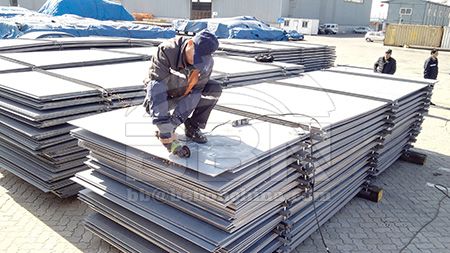
When the steel industry experiences strong supply and weak demand, it typically results in challenging market conditions. This situation can lead to various impacts on the industry as a whole.
With strong supply, there is an excess of steel available in the market. This could be due to increased production capacity or reduced demand from downstream sectors such as construction, automotive, and manufacturing. The surplus supply puts downward pressure on prices, leading to decreased profit margins for steel producers.
On the other hand, weak demand implies that there is a lack of sufficient buyers for the available steel. Factors such as economic downturns, reduced infrastructure projects, or lower consumer spending can contribute to this decrease in demand. As a result, steel manufacturers may face difficulties in selling their products, leading to excess inventory and potential financial strain.
In response to these market conditions, steel producers may need to adjust their production levels, implement cost-cutting measures, or explore alternative markets to mitigate the impact of weak demand and oversupply. Additionally, government interventions and trade policies can play a role in stabilizing the industry and supporting domestic steel producers during such challenging periods.
Just like you, 70% customers choose long-term cooperation with BBN steel not only for our good product and service quality, good reputation in the international market, but also for our experienced one-stop raw material supply and further steel processing!

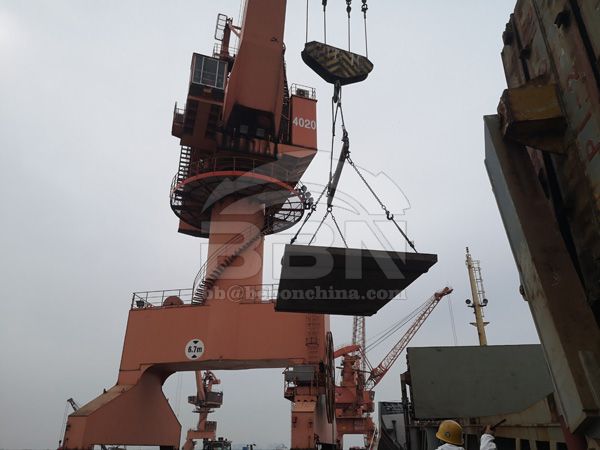

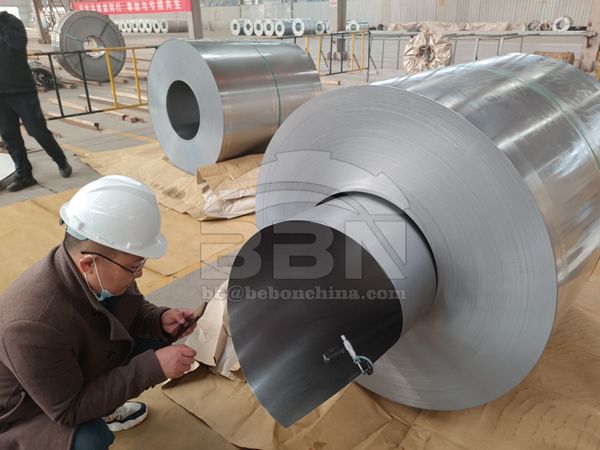
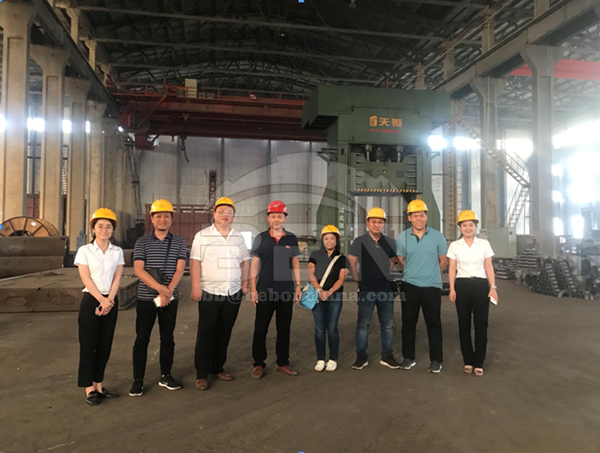
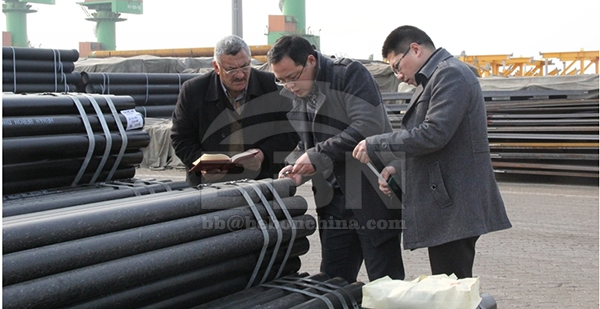
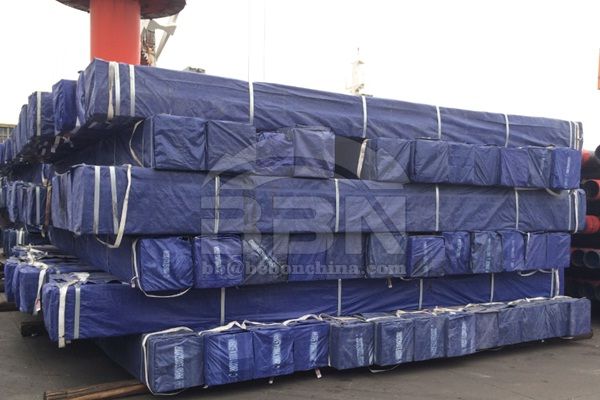
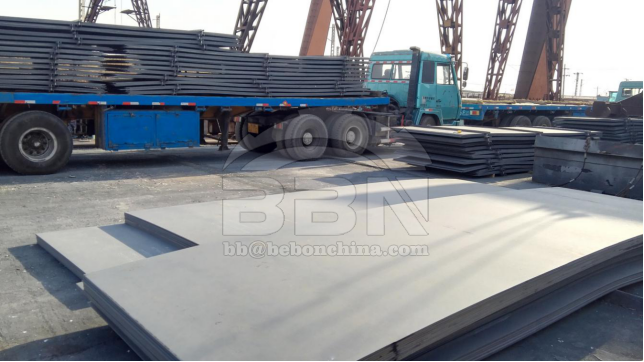
Henan BEBON Iron&Steel co.,ltd.